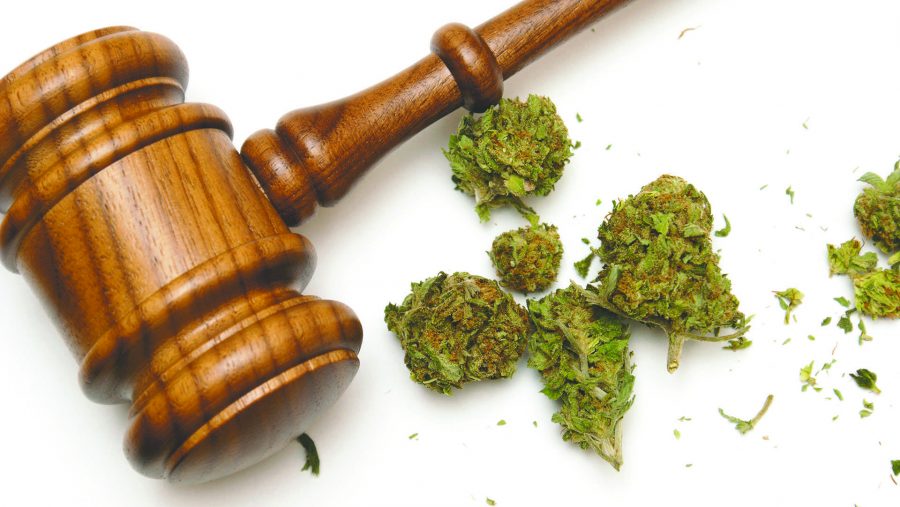By Molly Hunter
[email protected]
Iowa’s attempt to work around federal distribution requirements for medicinal cannabis may have backfired.
Iowa Attorney General Tom Miller has advised the Iowa Department of Public Health not to implement a section of a medical marijuana law requiring Iowa to license up to two out-of-state cannabis dispensaries from a neighboring state.
Miller said the provision violates federal law, which considers marijuana a controlled substance.
Tom Duncan, an Iowa farmer who suffers from kidney cancer, said he’s all right with the attorney general’s opinion, because the law could put Iowa in jeopardy with the federal government.
Iowa House Speaker Linda Upmeyer, R-Clear Lake, has said states could have been in violation of federal law anyway, and she supports the provision. But Executive Director of Iowans for Medical Marijuana Carl Olsen said he thinks the provision was added to hold up the process of getting cannabis in Iowa.
“I think all this was done because everybody’s in a race to the bottom so they won’t be the one picked … if the federal government starts enforcing federal law,” Olsen said.
He said he understands why the state might have been trying to fly under the federal government’s radar, but it comes at the cost of patient care.
“The Obama administration issued guidelines and said crossing state lines was not something they were going to tolerate,” Olsen said. “And in the Trump administration, [Attorney General] Jeff Sessions said that those guidelines are reasonable, and they’re going to continue [using them].”
Duncan said most other states that have written medical-cannabis laws for patients to get cannabis exclusively within their state borders, with no provision for people to transport it across state lines.
“We were disappointed [the provision] was put in to the law and tried to ask them to remove it,” Duncan said.
Despite any delay the provision may cause, Olsen and Duncan said they’re confident the law will continue to move forward.
“I think there’s a good chance that in January, they’ll add some limits or expand the program somehow,” Olsen said.
Duncan said expansion should be aimed at increasing the number of conditions covered by the law.
“Hopefully, we can get more patients with different conditions … accommodated who need to be,” he said.
Olsen said patients also want higher concentrations of THC.
“They don’t want products that don’t have THC in them,” he said. “We’ve already settled the issue that THC has a medical value.”
Randy Mayer, an Iowa Department of Public Health administrator, said dispensers and manufacturers have until Dec. 1, 2018, to have product available.
The Medical Cannabinoid Board, intended to review the draft of administration rules that explain how manufacturers and dispensers are chosen (which was just appointed by Gov. Kim Reynolds), has met once by phone, and its first full day meeting is set for Sept. 22.
Once the department has received the board’s feedback, as well as some feedback from the public, the rules will be brought to the Board of Health for approval on Oct. 4.
The department then hopes to decide on five dispensers and two manufacturers, and it will have licenses issued to them by April 2018.
“That gives them how many months to get up and running?” Olsen said. “I can’t imagine they’d be up earlier than Dec. 1. It might be doubtful that they can even make it.”



